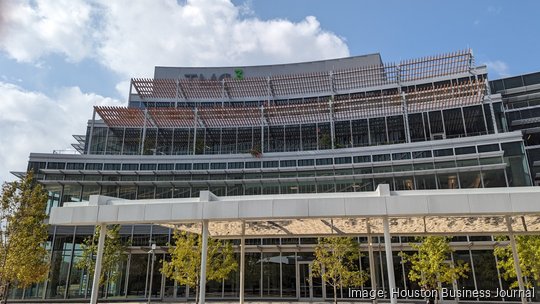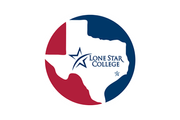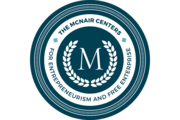
New findings have ranked Houston in the top 10 metros when it comes to innovation impact from universities, and study authors shared what specific strengths the Bayou City brings to the table.
The Engines of Opportunity report was released in April by the George W. Bush Presidential Center, which is located on Southern Methodist University’s campus near Dallas. Using a composite score that includes impact from educational innovation such as patents, technology licenses, licensing income, startup companies, STEM graduates, and citations in other researchers’ academic papers and patents, the report ranked 385 metro areas.
Cullum Clark, who authored the Engines of Opportunity Report, told the Houston Business Journal that the Bayou City scored highly on both the “eds” metric — gauging university innovation impact and that of academic medical centers — and the “meds” metric, which gauges the scale and quality of work at academic medical centers and hospitals. On a per capita basis, Clark said Houston outranked almost all other large metros in Texas and the Southern U.S.
“Houston benefits from a diverse array of strengths, rather than a commanding position on any one measure of innovation impact,” Clark said.
Top performing metrics for the ranked Houston universities include licensing income, patents and citations. That’s a good starting benchmark for university leaders who will want to see further progress in the startup field from those patents and licenses.
Digging into specific universities, Clark said all five measured institutions — the University of Texas UT Health Science Center Houston, the University of Texas M.D. Anderson Cancer Center, the University of Houston, Rice University, and Baylor College of Medicine — performed well in licensed income from their research technologies. M.D. Anderson and UT Health Science Center received special notice due to their license income compared to their research budgets.
Meanwhile, UH was acknowledged for its number of external citations as well as its production of doctoral, master’s, and bachelor’s STEM degrees. Rice was highlighted for the development of startup companies and the number of patents issued.
Startup formation has been on the radar for other universities. UH recently promoted professors Haleh Ardebili and Michael Harold to roles overseeing the university’s startup ecosystem and technology licensing, and both said one of their primary goals is encouraging faculty to apply for patents with a view on commercialization, rather than strictly publishing papers.
“We're actively working to incentivize our faculty and students toward successful innovation and startup pathways and outcomes. This does not mean that the basic research is less important, and in fact, it plays an important part in the innovation life cycle,” Ardebili told the HBJ in an emailed statement. “However, we are encouraging our faculty and students to submit provisional patents before publishing their research in the journals and to consider technology transfer and commercialization pathways for their discoveries and inventions.”
Bringing research outside university walls
While Houston’s university-centered innovation output performs better than most southern and southeastern metros — its score is twice that of Dallas Fort-Worth, triple Atlanta’s, and quadruple Austin’s — Clark said that success has not yet translated into a regional ecosystem outside of university walls. The Bayou City’s overall innovation ranking in the report is 8th, behind the DFW metroplex and just ahead of Austin.
Two metrics that stand out for Houston in this regard are its business research and development spending — which is behind that of DFW, Atlanta, and Austin — and its level of venture capital investment, according to Clark.
“One interpretation of this data might be that Houston has a commanding position in oil and gas industry innovation and one of the leading positions in the country in life science and medicine, but arguably has a less diversified range of innovative activities than some other Sun Belt metros, notably Dallas-Fort Worth, Austin, & Atlanta,” Clark said.
While the Texas Medical Center and its member institutions were highlighted for their research, Clark noted that the organization could develop its regional innovation ecosystem and technology transfer.
Those concerns have been acknowledged by the TMC’s CEO Bill McKeon, who previously told the HBJ that the new Helix Park development was intended to allow companies to get closer to researchers than they ever had before.
“It took Boston 20 years to go through the cycle [of success stories in biotechnology],” McKeon said. “What I think is happening here in Houston is that we’re going hyperspeed on the commercial side, which is attracting venture investments, and those investors are adding to our brainpower.”
Clark also highlighted Houston’s innate advantages in growth-oriented land use, housing, and business regulation policies, and suggested the region sustain these policies even as population growth and housing demand continues.





